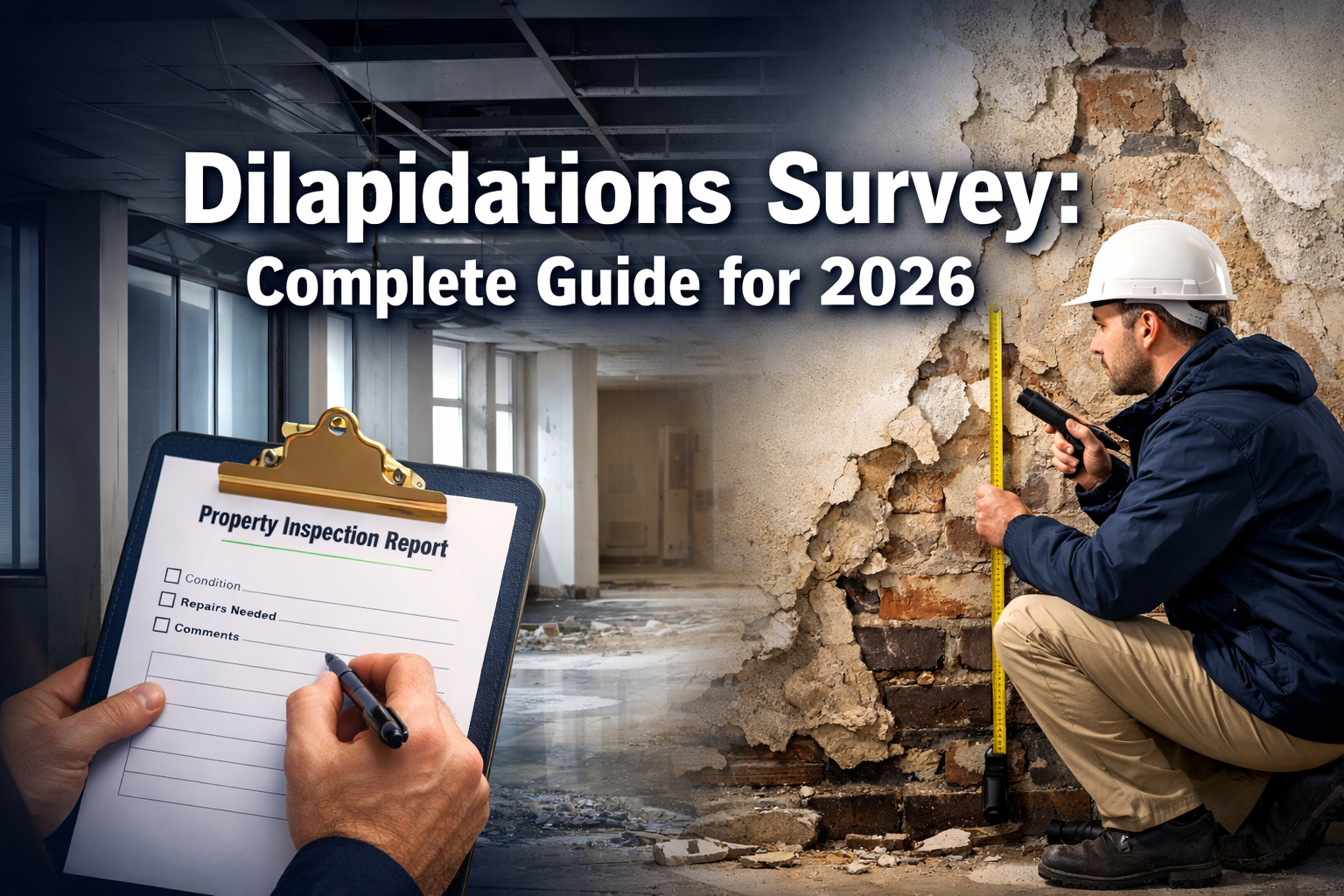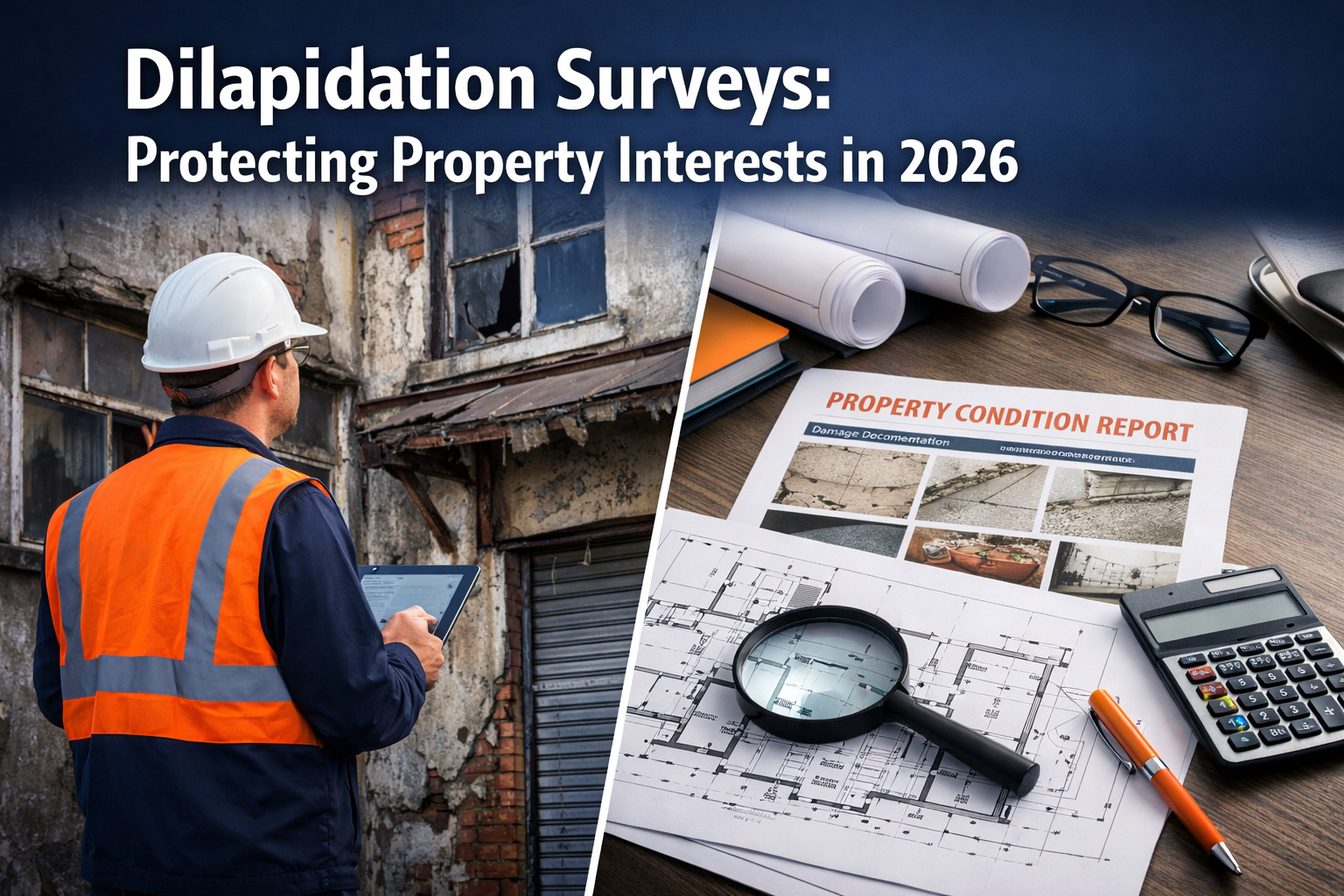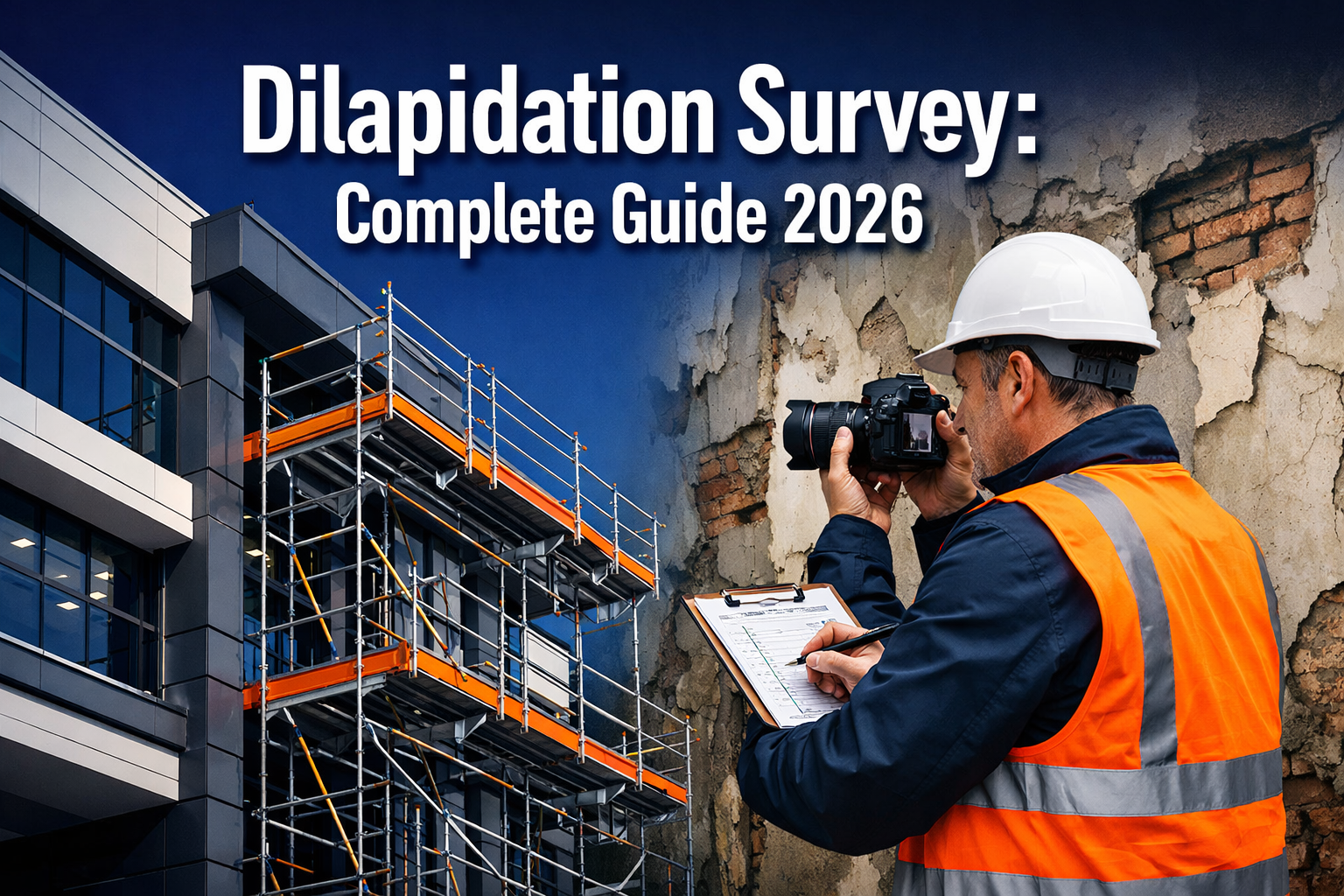Lease Extension Cost
The term is defined as it is in most real estate law textbooks: “A leasehold estate in real property is an estate that gives a person the right to occupy and use the property for a term of years, but not the right to own the property.”
- Home
- Lease Extension Cost
Tips for Successfully Extending Your Lease
If you want to maximize the money you can make from extending your lease, timing is critical. If there are less than 60 years remaining on the lease of your flat, a remortgage is probably not a viable option. You should be looking to extend your lease instead.

Expenses Associated with Extending a Lease
It’s possible that by doing so, you could add not just a few thousand but a huge sum to the overall value of your property all while securing a 90-year extension with no ground rent.
That said, sometimes people will pay more to extend their lease than the amount by which the value of their flat has increased. In that case, you could have put your money somewhere else and made more of a return. If you extend your lease too late, you won’t have the option of getting a mortgage on the extended lease.
Extending your Canterbury Lease – Gauging the Premium
Extending your Canterbury lease is a decision that requires careful deliberation. What you want to know, first and foremost, is how much it will cost.
You can get that calculation for free with an online calculator. However, the statutory process for extending your lease is not simple. Therefore, you should get a solicitor and a surveyor and follow their professional advice.
Lease Extension Negotiation Procedures
Lease extensions can be negotiated in a formal way or in an informal way.
If you choose the formal route, you and your landlord are bound to certain procedures and timelines. These are set out in the Leasehold Reform, Housing and Urban Development Act 1993, and they exist to safeguard your legal rights.
Briefly, your landlord must serve you with a notice to extend the lease, and you must serve him or her with a counter-notice.
If your landlord does not comply with these requirements, you can sue the landlord in the First-Tier Tribunal.
Your landlord is not supposed to contest the application without good reason. If the lease is nearly expired, it is definitely worth it to consult a solicitor and/or a surveyor before embarking on whatever negotiation path you choose.
Lease Extension Costs
There are likely to be a number of factors about which you and your landlord could reach agreement in a way that avoids expensive court action.
For instance, one big problem for you is the marriage fee.
When the lease gets extended, it’s common for the property’s value to go up as well. The more you pay for the lease extension, the more of an effect it has on the value of the property—especially if the remaining term on the lease is 80 years or less.
If you need to pay this fee, be sure to ask about it upfront if you are negotiating informally and coming to a figure that represents a workable deal for both sides. Otherwise, you’ll be paying for the privilege by an awful lot.
You may also need to pay reasonable fees to your landlord, such as their surveyor and solicitor expenses.
If there is a reduction in the value of the landlord’s interest as a result of the lease extension (e.g. loss of development potential), you may need to pay some compensation.
Leaseholders' Rights for Extending a Canterbury Lease
As tenants under the Leasehold Reform, Housing and Urban Development Act 1993, you are able to renew your lease.
This means you add on 90 years to the short time remaining on your current lease. In Canterbury, as with leasehold properties elsewhere in the UK, leaseholders have this basic right to statutory extension.
While there’s no need to get into the detail of the many reasons why the statutory right to extend has existed since 1993, with variation in the law over time, suffice it to say Canterbury’s leaseholders today have far more stability (and far less risk of having their home forcibly sold) than they would have had 100 years ago.
Overview
You may not want to invest in the lease extension until you’ve fully researched the process and costs involved, but you can’t just wait around until the freeholder decides to do something. You need to take the initiative and approach the freeholder to start the conversation. If you’re able to, work with the freeholder to agree upon a cost and speak up if the freeholder isn’t moving along with the process. If the freeholder is not being reasonable, then you can take the freeholder to the Leasehold Valuation Tribunal. By law, the freeholder has to allow you to extend the lease.




